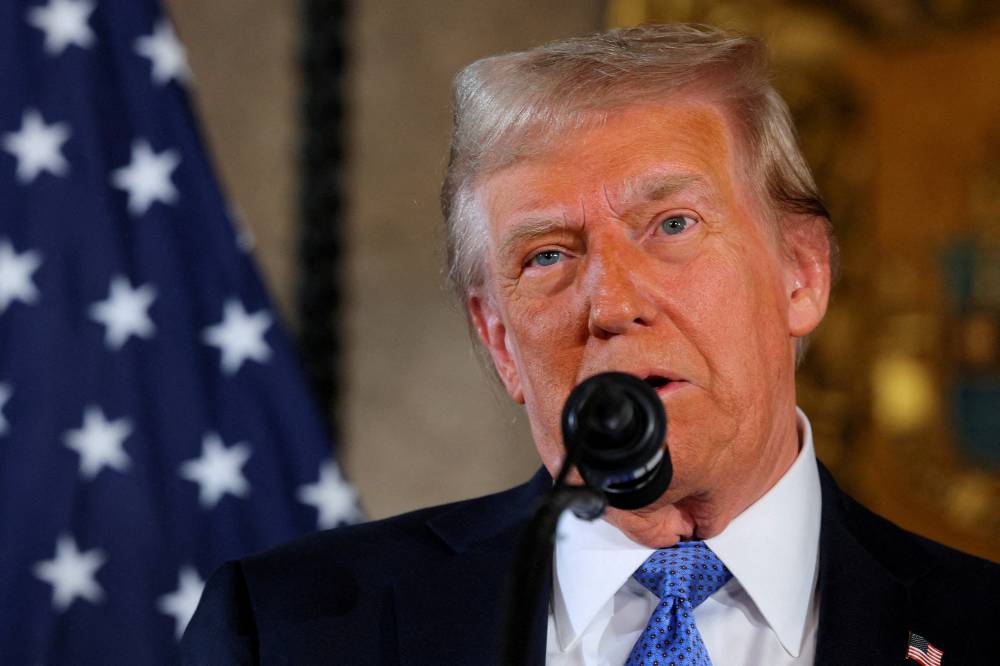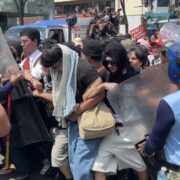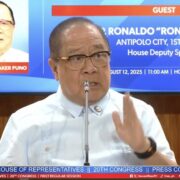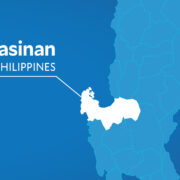Lower US import tariffs, seek reciprocal deal, gov’t urged

The Philippine Chamber of Commerce and Industry (PCCI) has urged the Marcos government to consider lowering tariffs on US imports and push for a reciprocal agreement similar to Vietnam’s, in a bid to contain the adverse economic impact of US President Donald Trump’s tariffs.
“That is something that I think we should consider, the government should consider, in consultation with the private sector,” PCCI chair George Barcelon told reporters on the sidelines of their general membership meeting on Tuesday at the Diamond Makati Hotel.
This comes as Vietnam has expressed willingness to slash import tariffs on US products to zero, and proposed reciprocal reductions from America in return.
Barcelon noted that a similar move would benefit the Philippines, as the country’s electronics and agriculture exports are expected to be hit hard by Trump’s 17-percent tariff on imports from the Philippines.
The country’s largest business organization had warned of a potential economic fallout from US tariffs that will make Philippine goods more expensive, thus dampening demand and eventually hurting corporate revenues.
Low tariff
Although 17 percent is among the lowest compared to other member-economies in the Association of Southeast Asian Nations that have a trade surplus with the United States, the PCCI said that the uncertainties over which specific export products will be affected leaves local industries vulnerable to potential disruptions.
Southeast Asian countries were slapped among the highest tariffs that are set to take effect this week.
Cambodia was slapped with 49 percent followed by Laos, 48 percent; Vietnam, 46 percent; Thailand, 36 percent; Indonesia, 32 percent; Malaysia, 24 percent; Brunei, 24 percent, and Singapore, 10 percent.
“The United States has yet to announce the exact coverage but we remain vigilant as such tariffs typically target specific categories of goods such as food and agri products and electronics, which are our major exports,” the PCCI said in a statement.
The PCCI added that it was wary of the potential impact the actions other countries may take in response to the United States’ reciprocal tariffs.
Negative effect
“Retaliatory measures can disrupt global supply chains, increase costs and create uncertainty for businesses and consumers, bringing about a broad negative effect on economic growth,” it said.
The PCCI also highlighted that the impact of these tariffs could be especially challenging for the Philippines, given its remittance- and consumer-driven economy.
It further warned that the ripple effect of rising costs could hit small businesses the hardest, particularly those in sectors like agriculture and food processing, which are already operating on tight margins.
In closing, the PCCI stated that it was waiting for the government’s final response and will closely monitor how neighboring countries proceed before determining its next steps.





















